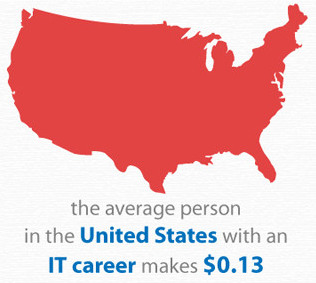In The evolution of rape?, PZ Myers writes:
There are days when I simply cannot bear the entire field of evolutionary psychology: it’s so deeply tainted with bad research and a lack of rigor. And that makes me uncomfortable, because the fundamental premise, that our behaviors are a product of our history, is self-evidently true. It’s just that researchers in this field couple an acceptance of that premise to a deep assumption of adaptive teleology, the very thing that they should be evaluating, and produce some of the most awesomely trivial drivel.
I’ve just finished reading an article titled “Darwin’s Rape Whistle: Have women evolved to protect themselves from sexual assault?“, and it’s everything I despise about evolutionary psychology. It’s nothing but sloppy thinking and poor science propped up by a conviction that plausibility is sufficient support for certainty.
[…]
Another way to look at it is that they are hypothesizing that women are more likely to behave in ways that invite physical attack and brutal abuse when they aren’t ovulating. That is a remarkable assertion. It also carries the strange implication that the consequences of rape can be measured by the likelihood of immediate fertilization, rather than by the toll of physical injury and emotional trauma, a peculiar thing for psychologists to neglect. Wouldn’t it make more sense to have a general hypothesis that people, men and women, who can avoid violence at any time in their life, are more likely to be reproductively successful and thereby pass on their genes to subsequent generations? That’s all they’re saying, essentially, and the straining to sex it up by tying globally useful behaviors to reproductive cycles is unconvincing.
In Evolutionary psychology for the masses, Jerry Coyne writes:
Now I don’t oppose evolutionary psychology on principle. The evolutionary source of our behavior is a fascinating topic, and I’m convinced that the genetic influences are far stronger than, say, posited by anti-determinists like Dick Lewontin, Steve Rose, and Steve Gould. Evolved adaptations are particularly likely to be found in sexual behavior, which is intimately connected with the real object of selection: the currency of reproduction. I’m far closer in my views on this topic to Steve Pinker than to Steve Gould. And there are many good studies in the field, so I don’t mean to tar the whole endeavor.
But, for crying out loud, let’s have the journalists and scientists show a little more responsibility when reporting on evolutionary psychology. If there are problems with a study, describe them. If an idea is pure speculation, say it. If there are other explanations for a phenomenon, give them. Let’s not gull the public into claiming that we understand something with near certainty when we don’t. These lax reportorial standards, pervasive in evolutionary psychology, seem to be much tighter in other areas of science, like physics or molecular biology. And this despite the enormous difficulty of demonstrating that any human behavior is an evolved adaptation.
Every time I write a piece like this, one that’s critical of evolutionary psychology, I get emails from its practitioners, chewing me out for being so hard on their field. And my response is always the same: I’ll stop being so hard on your field when you guys start being more critical yourselves. If you policed your own discipline better, I wouldn’t have to.
Of course, not only practising scientists see the poor logic of many evolutionary psychology arguments. Members of the general public can generally detect the logical fallacy formally known as affirming the consequent.



